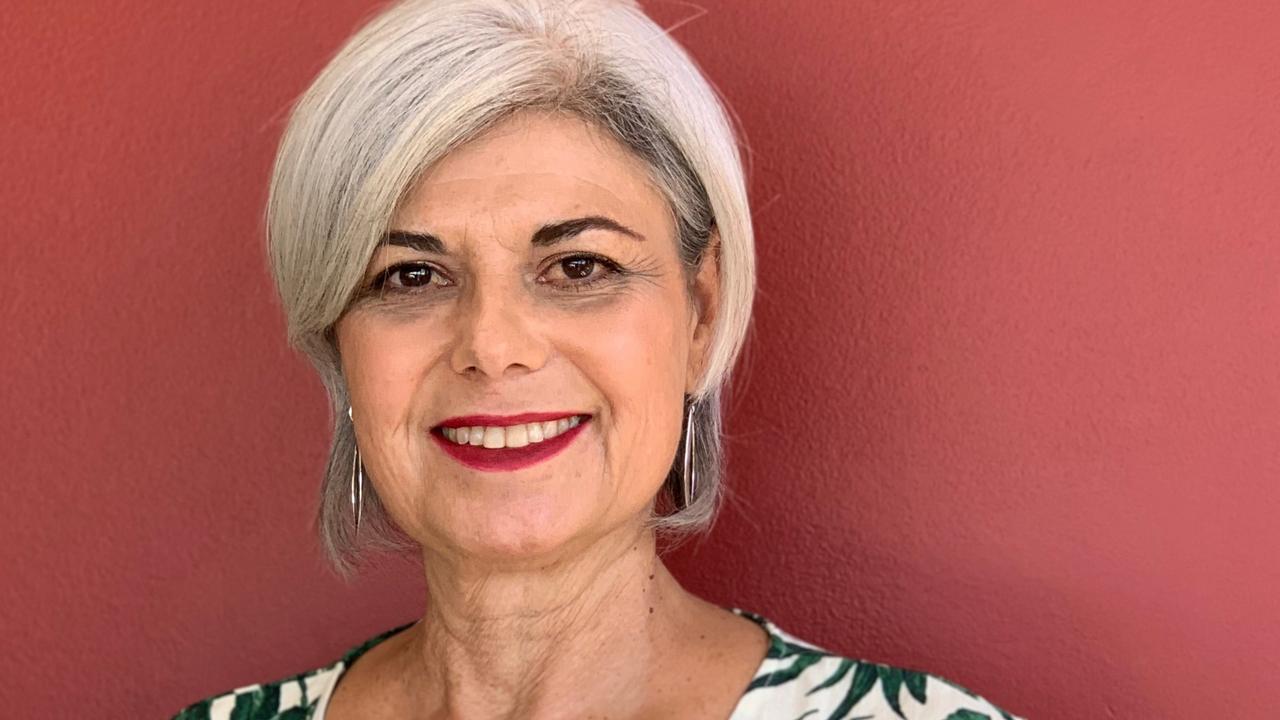Cost of living crisis impacting Aussies’ mental health
One of the country’s biggest issues is taking a toll on Aussies, with fears over what it could mean for distress levels and suicide rates.
The devastating mental toll of Australia’s economic crisis has been revealed as the country prepares for interest rates to soar once again.
As Australians struggle to afford basic goods and keep up with their bills, new data from Suicide Prevention Australia has found the state of the economy is the No.1 driver of distress throughout the country.
The organisation’s annual State of the Nation report shows cost of living and personal debt are causing elevated distress (beyond normal levels) for 40 per cent of Australians when compared with this time last year.

This was ahead of other social and economic issues like family and relationship breakdowns (23 per cent), social isolation and loneliness (26 per cent), and alcohol and other drugs (11 per cent).
The combined jurisdictions of Tasmania, the ACT and Northern Territory (51 per cent) had the highest levels of distress. South Australia (49 per cent) had the most for a single state.
Women (44 per cent) also felt more distressed over cost of living and personal debt when compared with men (36 per cent).
Who believes cost of living and personal debt has caused you elevated distress (beyond normal levels) compared with this time last year:
| National | 40% |
| Men | 36% |
| Women | 44% |
| NSW | 37% |
| VIC | 39% |
| SA | 49% |
| WA | 34% |
| QLD | 43% |
| TAS/NT/ACT | 51% |
But cost of living and personal debt were not just an immediate mental health issue, with the survey also finding that Australians expect it will be the most significant suicide risk by this time next year.
Nearly 70 per cent of Australians thought it would pose a major risk to suicide rates, up from 59 and 57 per cent in 2020 and 2021 respectively.
The issue was more of a concern for women (72 per cent) than men (64 per cent), while South Australians (72 per cent) were more affected once again.
Who believes cost of living and personal debt will pose a significant risk to suicide rates in Australia this time next year:
| National | 68% |
| Men | 64% |
| Women | 72% |
| NSW | 66% |
| VIC | 65% |
| SA | 72% |
| WA | 61% |
| QLD | 71% |
| TAS/NT/ACT | 84% |
Suicide Prevention Australia chief executive Nieves Murray said more steps needed to be taken to support people’s mental health during these challenging economic times.
“Feeding the family and keeping a roof over our heads are two of the most basic human behaviours. While inflation and interest rates keep rising, we must be prepared and proactive to prevent mental distress and suicide rates from doing the same,” Ms Murray said.
“For example, the issue of cost of living and personal debt is ranked the biggest risk to rising suicide rates over the next 12 months both by the public (68 per cent) and by the suicide prevention sector (74 per cent).
“This is higher than previous years and is the first time an economic issue has overtaken social issues like drugs, loneliness and family breakdown.”

Ms Murray called on the government to introduce a National Suicide Prevention Act to help provide this support.
“The federal government is ultimately responsible for the nation’s economic and social policy settings – and performance,” she said.
“A National Suicide Prevention Act will ensure we get towards zero suicides faster by ensuring every government minister is aware – and prepared – for the human impact of their policy decisions.”
More than 280 people took part in Suicide Prevention Australia’s survey. More than 80 per cent of respondents were members of an organisation, with 55 per cent of the participants a part of Suicide Prevention Australia.
The RBA is expected to raise interest rates by 0.5 per cent later on Tuesday, the fifth consecutive increase to the country’s cash rate.
This increase to 2.35 per cent would propel interest rates to their highest level since December 2014.



